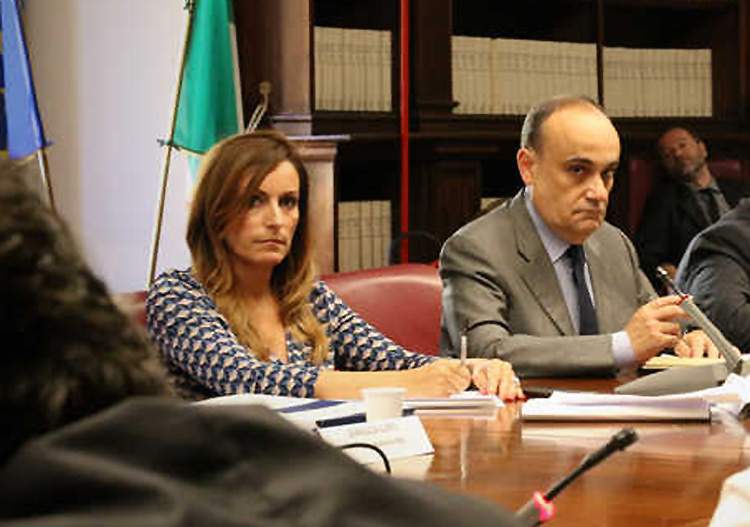Bonisoli and Borgonzoni promise an anti-Netflix decree: "movies first in theaters, then on platforms"
The government goes on the attack of online television platforms: the Minister of Cultural Heritage, Alberto Bonisoli, speaking in a video message at the presentation of the Agis and Iulm research entitled Cultural spaces and entertainment events: an important impact on the economy of the territory, announced a decree that will regulate the release of films in cinemas and on online platforms. Said Bonisoli, “I am going to sign the decree today that regulates the windows under which films will have to be first released in theaters and after that on as many platforms as you want. I think it is important to ensure that those who run a theater are comfortable that they can program films without them being available at the same time on other platforms.” According to Bonisoli, the decree will allow “cinema operators to take full advantage of the investment to improve theaters and offer an increasingly exciting viewing experience.”
The decree comes immediately after controversy surrounding the film Sulla mia pelle (On My Skin), the feature film dedicated to the last days of Stefano Cucchi (directed by Alessio Cremonini and starring Alessandro Borghi as the main character), which was released simultaneously in theaters and on Netflix.
Undersecretary for Cultural Heritage, Lucia Borgonzoni, then clarified Bonisoli’s words, as reported by the La Presse news agency: “The decree being signed by the Minister for Cultural Heritage and Activities,” Borgonzoni explained, “establishes the parameters that the audiovisual work must possess if it is to be eligible for the benefits that the law reserves for cinematographic works. Starting from a market practice that provides a 105-day window for all types of films, the proposed rules aim to meet the needs of Italian films that fail to stay in theaters long enough or that do not meet with a satisfactory audience response: with current market practices, even these films have to undergo the 105-day window and are therefore penalized for not being able to be exploited and seen on other platforms, except after the fateful 105 days and respecting a strict sequence (from the 106th day pay-per view, from the 181st day pay-TV, and so on).” With the new rules applied to the period from January 1, 2013, to September 30, 2018, the undersecretary specified, “750 Italian films out of about 1,000 would have had the possibility of being seen on other platforms much earlier than the 105 days foreseen in market practices, with obvious benefits on overall revenues. These are, therefore, not rules that go to restrict the possibilities of exploitation and viewing of Italian films, but rules that facilitate the life of the films and the possibilities, for viewers, to enjoy them legally, without distorting and indeed enhancing their vocation to the movie theater.”
Again, the decree will ensure that there will be blockbusters released even during the summer season, during which traditionally there are no strong films released in theaters. “With producers and distributors,” said Minister Bonisoli, “we are working to ensure that next summer will be the real summer of Italian cinema. Which means that for the first time important titles will begin to be offered in theaters starting in August. This will guarantee programming over several months without having this big hole from a management point of view since in summer there are always few titles to be able to offer the public.” At the moment, however, it is still unknown how the government intends to support the release of major films even in the summer months.
Pictured: Lucia Borgonzoni and Alberto Bonisoli
 |
| Bonisoli and Borgonzoni promise an anti-Netflix decree: "movies first in theaters, then on platforms" |
Warning: the translation into English of the original Italian article was created using automatic tools. We undertake to review all articles, but we do not guarantee the total absence of inaccuracies in the translation due to the program. You can find the original by clicking on the ITA button. If you find any mistake,please contact us.





























